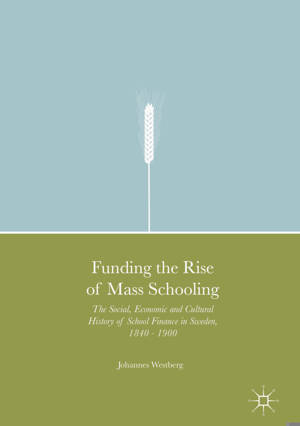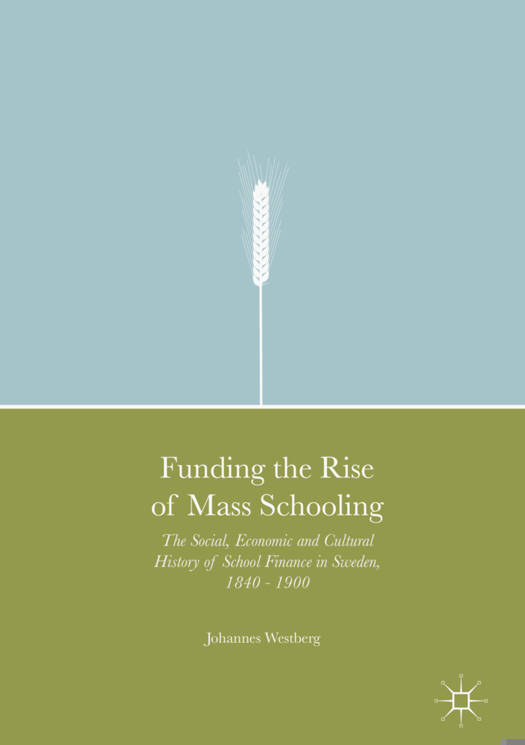
- Retrait gratuit dans votre magasin Club
- 7.000.000 titres dans notre catalogue
- Payer en toute sécurité
- Toujours un magasin près de chez vous
- Retrait gratuit dans votre magasin Club
- 7.000.0000 titres dans notre catalogue
- Payer en toute sécurité
- Toujours un magasin près de chez vous
Funding the Rise of Mass Schooling
The Social, Economic and Cultural History of School Finance in Sweden, 1840 - 1900
Johannes WestbergDescription
This book presents expert analysis on how the remarkable rise of mass schooling was funded during the nineteenth century. Based on rich source materials from rural Swedish school districts, and drawing up evidence from schooling in countries including France, Germany, England and the U.S., Westberg examines the moral considerations that guided economic practices and sheds new light on how the advent of schooling did not only rest upon monies, but also on grains, firewood and cow fodder. Exploring school districts' motives and economic culture, this book shows how schooling was neither primarily guided by frugal impulses nor motivated by a fear of the growing working classes. Instead, school spending served multiple purposes in school districts that pursued a fair and reasonable economic practice.
Spécifications
Parties prenantes
- Auteur(s) :
- Editeur:
Contenu
- Nombre de pages :
- 242
- Langue:
- Anglais
Caractéristiques
- EAN:
- 9783319404592
- Date de parution :
- 23-12-16
- Format:
- Livre relié
- Format numérique:
- Genaaid
- Dimensions :
- 155 mm x 220 mm
- Poids :
- 435 g

Les avis
Nous publions uniquement les avis qui respectent les conditions requises. Consultez nos conditions pour les avis.






